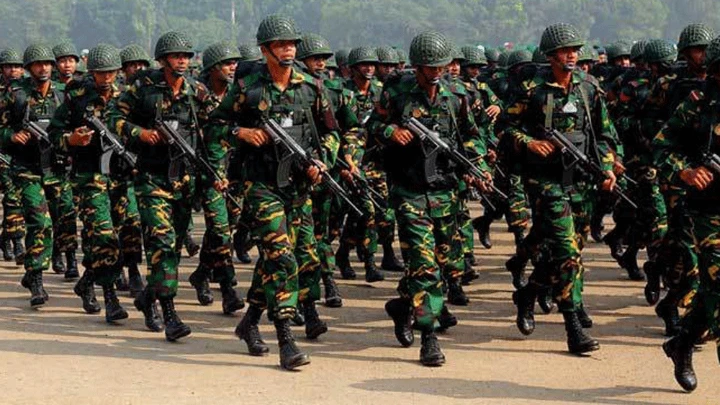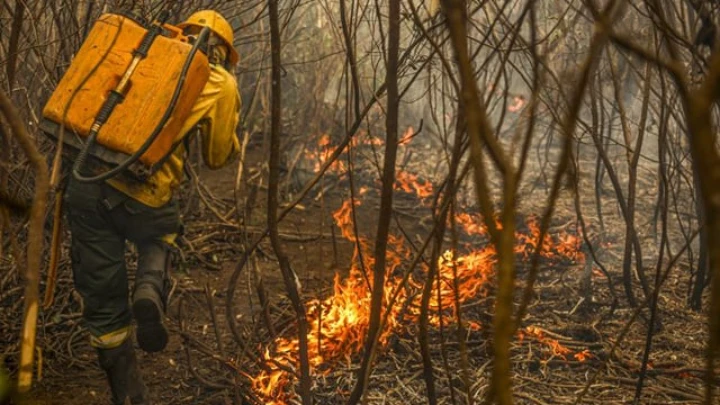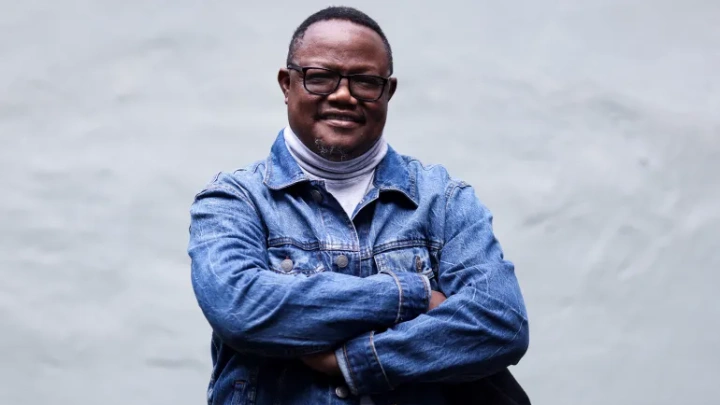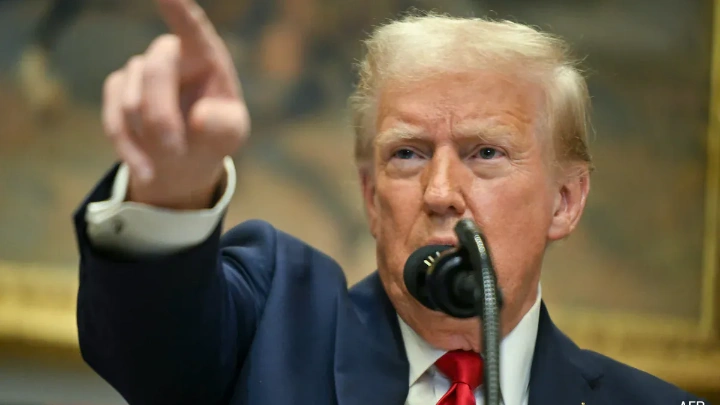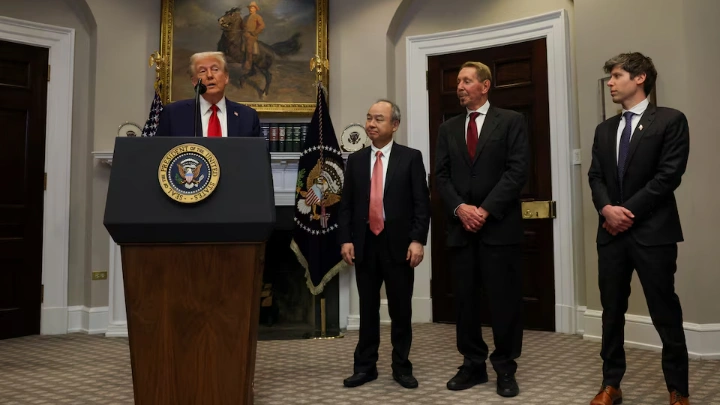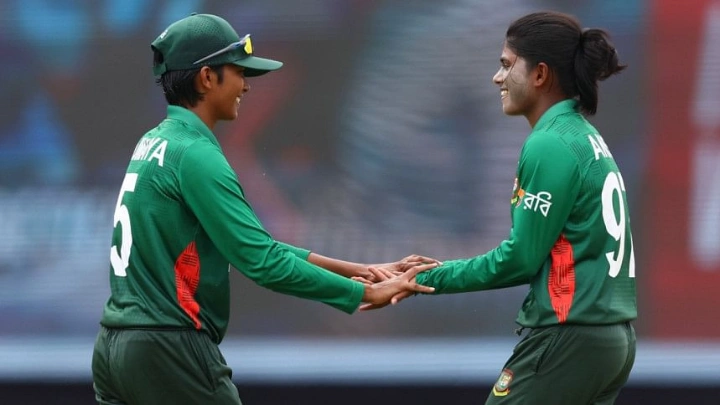July-August Uprising And The Bangladesh Army
DailySun || Shining BD
In times of national crisis, the Bangladesh Army has played an extraordinary role in saving the nation from extreme catastrophe. Historically, the Bangladesh Army has consistently stood in solidarity with the people. This army was formed through the glorious Liberation War of 1971. In the democratic uprising of 1990, instead of siding with then-President Hussain Muhammad Ershad, the army aligned itself with the people.
During that pivotal time, the Chief of Army Staff was Lieutenant General Mohammad Nooruddin Khan. Thirty-four years later, another historic chapter was written under the leadership of the current Chief of Army Staff General Waker-Uz-Zaman.
General Waker showed profound respect for public sentiment by refraining from ordering gunfire on protesting students and citizens. This decision brought the army closer to the people, making it a turning point.
On 3 August, General Waker held discussions with officers of various ranks at the Army Headquarters. It became evident from these exchanges that the officers were unwilling to partake in any violence to maintain the government. Furthermore, another significant incident occurred in Rawa on 4 August, when retired senior army officers expressed solidarity with the student-led anti-discrimination movement. News of this spread rapidly across the country.
Following the fall of the Awami League government on 5 August, the love, respect, and unity displayed by the students and public toward the army on Dhaka’s streets were unprecedented. The armed forces must continue to honor this trust and affection in the future.
On 14 September, the Rawa Research and Study Forum (RRSF) organised a seminar titled “The Armed Forces’ Contribution to the July-August 2024 Revolution and Their Post-Revolution Role.” Speakers at the seminar discussed the army's role during the revolution.
General Waker played a historic role during the public uprising and the ensuing period of crisis in 2024. At a critical juncture, the Army Chief gracefully and maturely transferred state responsibilities to Dr. Muhammad Yunus's interim government.
The armed forces have been instrumental in assisting the government during the post-uprising period, characterized by near-anarchy. In particular, during the early days of the government, when the police were largely inactive, the army played a crucial role in maintaining law and order. The armed forces also effectively addressed various conspiracies against the government, such as robberies, judicial coups, Ansar rebellions, and labor unrest in the garment sector, while improving the overall law and order situation.
In August, the armed forces extended support to flood-affected people in the Feni-Cumilla region, demonstrating their commitment to humanitarian assistance.
On 6 October, during the inauguration of the 2024 Army Headquarters Selection Board, Chief Advisor of the interim government, Professor Dr. Muhammad Yunus, remarked, “Following the student-led July Revolution, the army has become a symbol of public trust.” He further stated, “In times of national crisis, the Bangladesh Army has stood by the people and expedited the formation of an interim government, thereby rescuing the country from instability.”
It is hoped that the Bangladesh Army will continue to stand by the people in all future adversities.
--------------------------------------------------------------------------------
The writer is a retired Brigadier General, researcher, and analyst.
Shining BD

